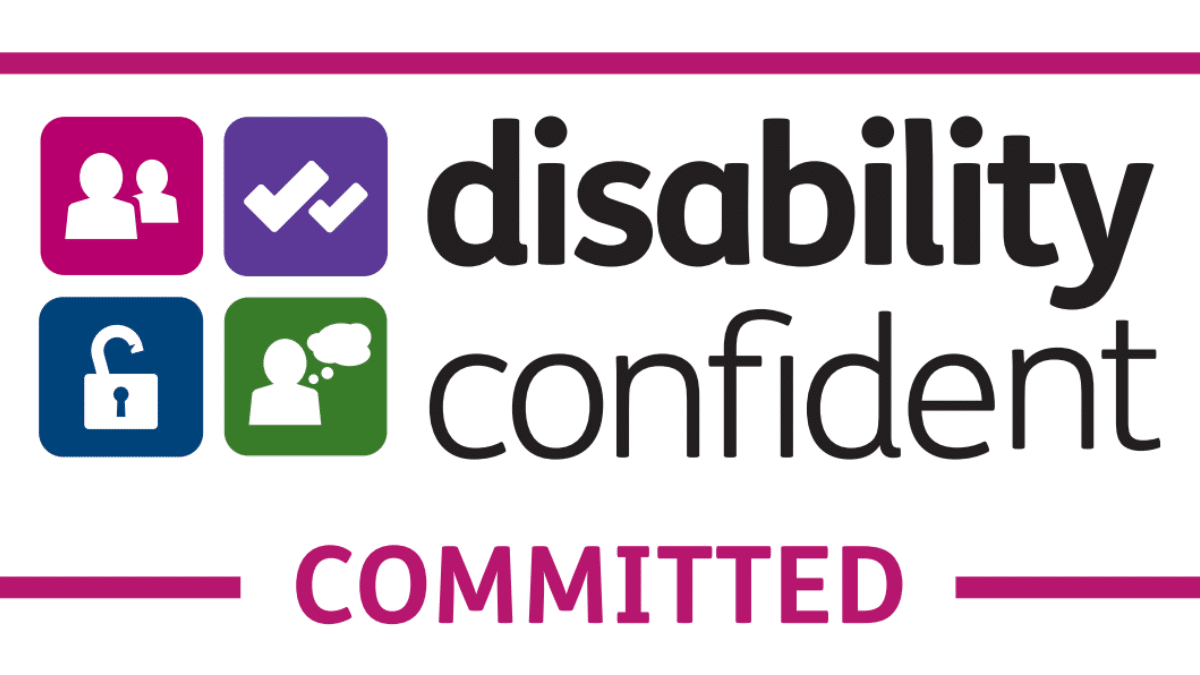The Disability Confident initiative aims to facilitate employers to “view disability from a fresh perspective, enhancing their efforts in attracting, recruiting and retaining workers with disabilities.” At ESG PRO, we employ people with disabilities, and we’re proud of them having leadership positions.
The government has pledged to aid an additional 1 million disabled individuals into the workforce over the coming decade.
The primary apparatus to boost the recruitment landscape is the Disability Confident initiative, succeeding the former “Two Ticks” programme. The scheme’s goal is to aid and motivate employers to attract, recruit, retain, and promote individuals with disabilities. Retention is of primary importance, considering 83% of individuals with a disability or long-term health condition acquire it whilst of employable age.

They desired to make the scheme as attainable as possible for employers, particularly small enterprises that struggle more with bureaucratic processes.
Self-assessment Plays a Major Role in Disability Confident If you join the initiative, you commit to fulfilling certain promises and achieving one of three levels of accreditation in doing so – Leader, Employer, Committed.
The only one among these which involves independent assessment is Leader. Accreditation as an Employer or Committed solely involves self-assessment by the respective employer.
Current data suggests that there are only 133 Leader level Disability Confident employers across the UK.
At the lower two levels, there are 4586 employers nationwide who have “committed” to providing a disabled individual with paid employment – although no data exists on how many of them have indeed done so.
Three Tier Scheme Introduced in November 2016 2671 employers transitioned from Two Ticks to the new Disability Confident initiative when it was launched. The award of “Committed” lasts for merely 12 months.
Following that, the employer needs to showcase their progress in their commitments related to providing employment, work experience, apprenticeships, traineeships, paid internships or student placements, thus starting their journey towards the “Employer” status.
The latter award further involves cultivating an all-inclusive and accessible recruitment process, motivating suppliers and partners to be Disability Confident, ensuring ample disability equality awareness within the organisation, and eliminating barriers to the development and progression of staff members with disabilities. This award is given for two years.
The highest level of Disability Confident organisation, Leader, does not entail any additional actions, but it will involve external examination of the company’s self-assessment. They will also be expected to lead the way in inspiring other businesses to become Disability Confident employers.
Over a Quarter of Large Employers are Disability Confident There are roughly 7200 large employers in the nation (those with more than 250 employees). 1990 of them have joined the scheme – 27.5%.
Reliable data on SMEs (small and medium-sized employers) and micro enterprises, those with fewer than ten employees, has not been collected, as the overall numbers fluctuate regularly, making it more challenging to gather.
All major government departments have achieved Disability Confident Leader status, hence unsurprisingly, admin including the public sector is by far the most represented employment sector in the statistics.
Education and health sectors are also significantly present, though surprisingly few exist in sectors such as customer service, contact centres and information technology, where you might anticipate more.
The DWP has committed to a formal evaluation of the scheme by 2020.
